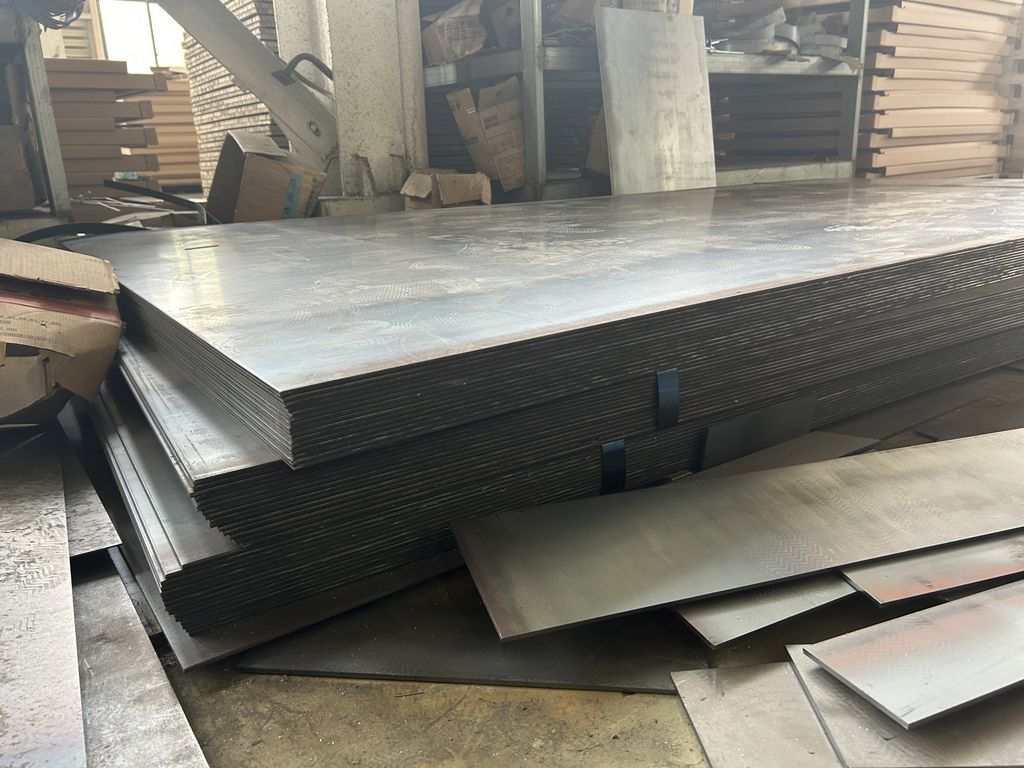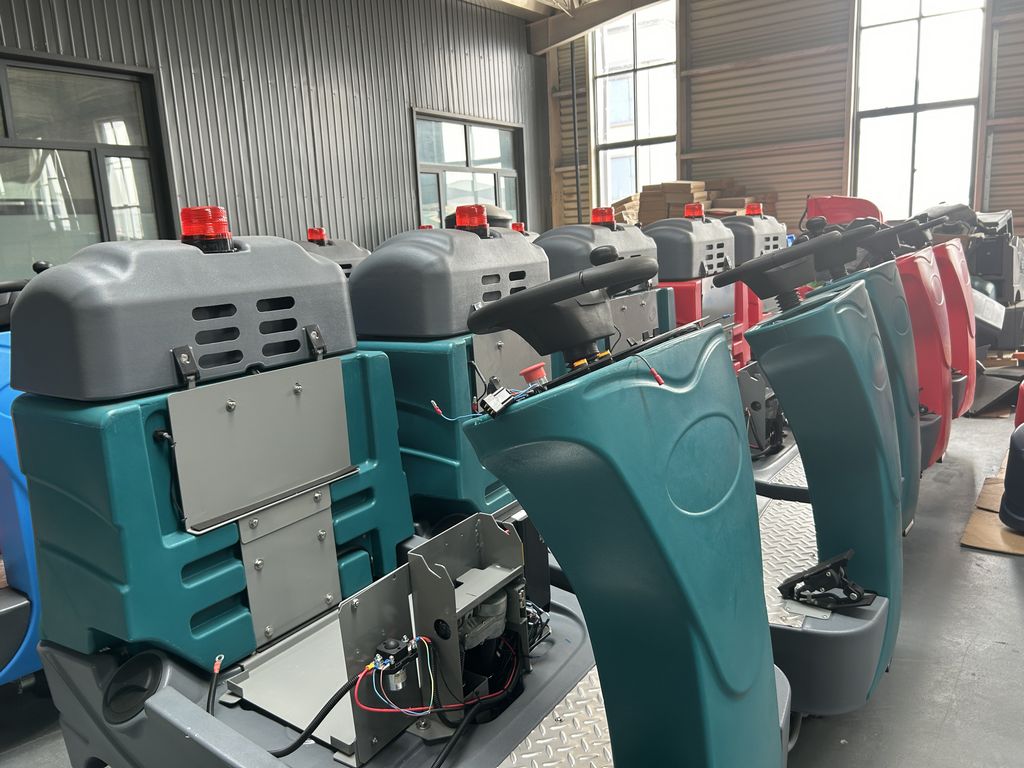
Let me start by saying this: cleaning concrete floors is no joke. Last weekend, I spent hours scrubbing my garage floor with a cheap rental machine, only to realize halfway through that it was missing a critical part. My back still hurts, and honestly? I wish I’d done more research beforehand. Whether you’re tackling oil stains, dirt buildup, or just general grime, picking the right machine makes all the difference—trust me.

First off, let’s talk about *why* concrete floors need specialized equipment. Unlike hardwood or tile, concrete is porous and prone to trapping debris. A regular mop won’t cut it, especially for industrial spaces or heavily used driveways. The best machine to clean concrete floors combines power, efficiency, and ease of use. But with so many options out there—pressure washers, floor scrubbers, ride-on cleaners—how do you choose?
Here’s the thing: not all machines are created equal. For smaller areas like patios or home workshops, a high-quality pressure washer might suffice. Look for models with at least 3000 PSI and a rotating nozzle to blast away stubborn stains. But if you’re dealing with a warehouse-sized space, you’ll want something like an automatic floor scrubber. These bad boys can cover large areas quickly, and some even have built-in vacuums to suck up dirty water. Pro tip: Avoid machines labeled as “multi-surface cleaners” unless they explicitly mention concrete compatibility. I learned that the hard way when my neighbor’s “versatile” cleaner left streaks on my driveway.
Now, let’s get a little technical (but not *too* technical). Rotary floor machines are another solid option. They use abrasive pads to scrub deeply into the concrete’s texture, which is perfect for removing old paint or tire marks. Just keep in mind that these require some muscle to maneuver. If you’re not into manual labor, consider a walk-behind scrubber dryer. It’s like a Roomba for concrete floors—set it up, let it roam, and enjoy your coffee while it works.
Oh, and don’t forget maintenance! Even the best machine to clean concrete floors will fail if you don’t care for it. Always rinse tanks after use to prevent residue buildup, and check hoses for cracks. A friend of mine ignored this and ended up with mold growing inside his pressure washer—gross, right?

Here’s where I’ll get real for a second. Life’s been hectic lately—work deadlines, family stuff, the usual chaos. But there’s something therapeutic about standing back and seeing a freshly cleaned floor. It’s a small win, but man, does it feel good. Maybe that’s why I’ve become weirdly passionate about concrete cleaning gear.
Back to the topic. If you’re on a budget, consider renting equipment instead of buying. Local hardware stores often offer daily rates for industrial-grade machines. Just make sure to ask about attachments (like surface cleaners or chemical injectors) to maximize results. And hey, if you’re cleaning indoors, prioritize machines with low noise levels. Your ears—and anyone nearby—will thank you.
One common mistake? Overlooking safety features. Machines with automatic shut-off valves or overheating protection are worth the extra cost. I once fried a motor because I got distracted mid-clean—rookie move. Also, wear sturdy shoes! Concrete debris can fly everywhere, and flip-flops won’t save your toes.
In the end, the “best” machine depends on your specific needs. Start by assessing the size of the area, the type of stains, and your budget. Don’t be afraid to ask for demos or read user reviews. And hey, if all else fails, call in a pro. Sometimes, saving time (and sanity) is worth the expense.
Whatever you choose, just remember: a clean concrete floor isn’t just about looks. It’s about durability, safety, and yes—bragging rights. Now go forth and conquer that grime!